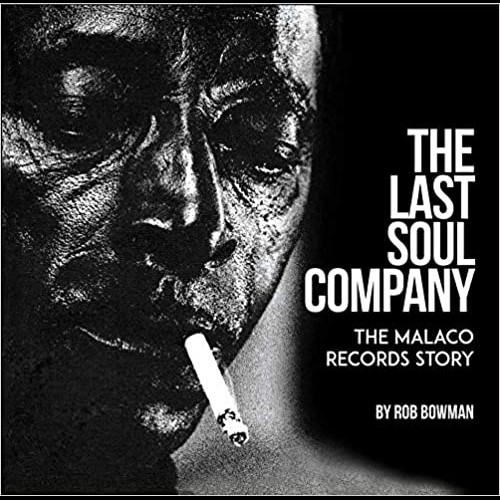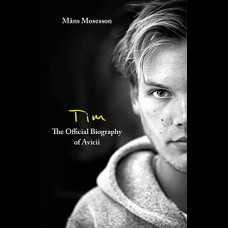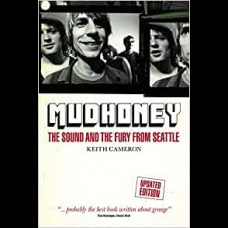Books (Englisch)
-
39.99 €
The Last Soul Company: The Malaco Records Story
The Malaco Records Story - Book - by Rob Bowman
(2021)
The Malaco story is one of the greatest, and certainly the most improbable, of any independent record company in the history of American music. Record industry wisdom would suggest that starting a label in Jackson, Mississippi was a losing proposition from the word go. Yet, that is exactly what Tommy Couch, Sr., Mitchell Malouf and Wolf Stephenson decided to do in 1967. The Last Soul Company chronicles the history of the label and dives into the careers of label artists that include Mississippi Fred McDowell, Bobby Blue Bland, Z.Z. Hill, Little Milton, Johnnie Taylor, James Cleveland, and others. The 200-page volume contains rare photographs with a forward by early rock expert Peter Guralnick. While many record companies struggled with the digital revolution, having acquired Savoy, Onyx, Apollo and Atlanta International Records over the years Malaco had amassed a catalogue that provided the basis for streaming, sampling and licensing opportunities galore. A half century since its humble beginnings, Malaco remains the longest standing fully independent record company in American music history and is the most important black gospel label in the world. The tiny upstart label that was affectionately dubbed The Last Soul Company in the 1980s has managed to outlast Motown, Atlantic, Chess, Stax, Sun, Ace and all the rest of the great indi labels that recorded and marketed the majority of great African American music. Based on dozens of interviews, in The Last Soul Company Grammy Award winning writer Rob Bowman weaves together the tale of a half century of Malaco soul and gospel productions, discussing the careers and the hit records of such seminal Malaco-based artists as the aforementioned Bobby Blue Bland, Z.Z. Hill and Johnnie Taylor, as well as the Jackson Southernaires, the Mississippi Mass Choir, the Caravans, Vanessa Bell Armstrong, LaShun Pace, Rev. F.C. Barnes and dozens of others. In the process, Bowman tells the story of a record company that, against all odds, continues to make black music primarily for black people.
Ähnliche Produkte
I Feel Love : Donna ...
Donna Summer/Giorgio Moroder - Book - by Dave Thompson
21.99 €
The Hendrix Experien...
Mitch Mitchell - Hendrix Experience - Book - by Mitch Mitchell
39.99 €















